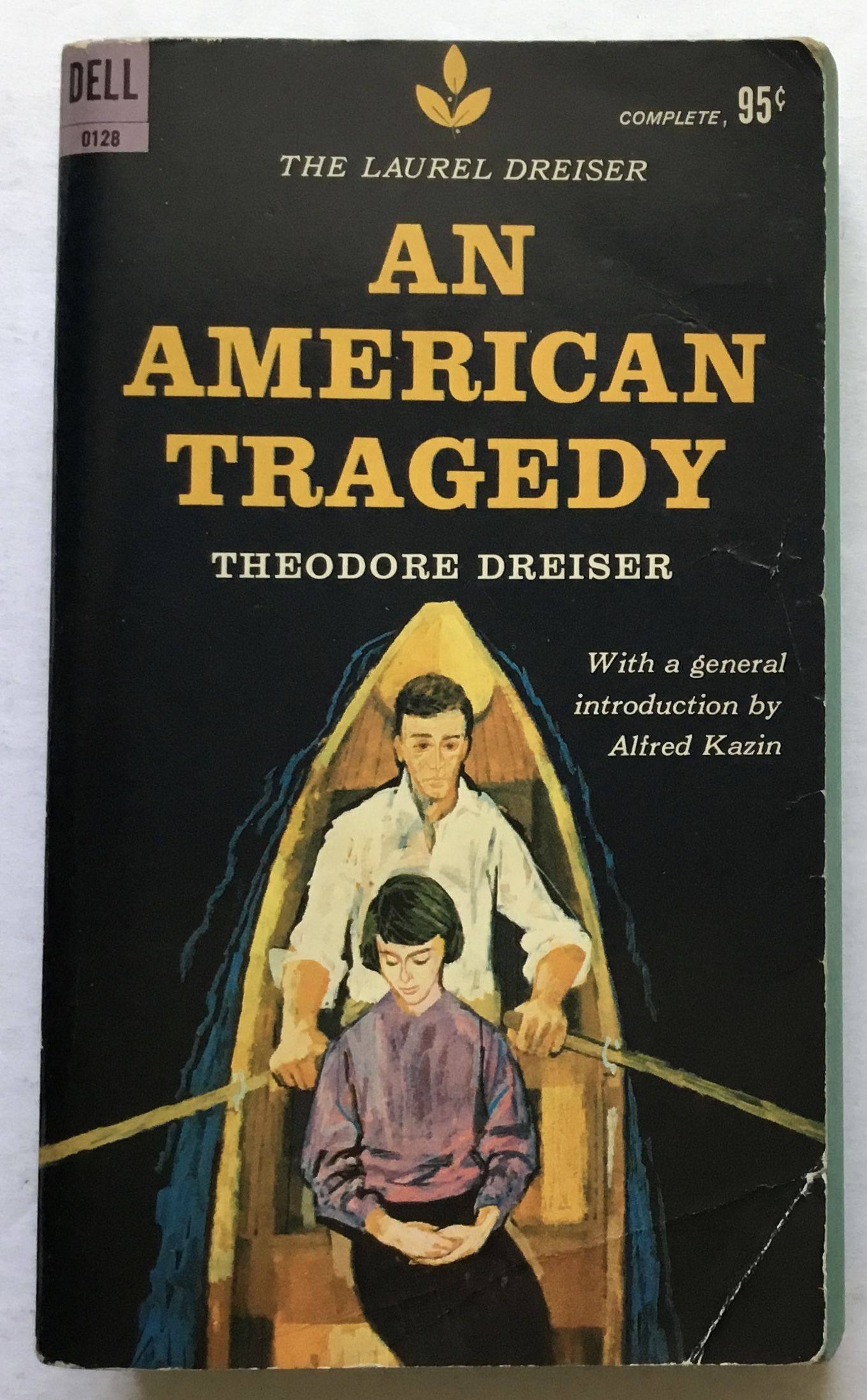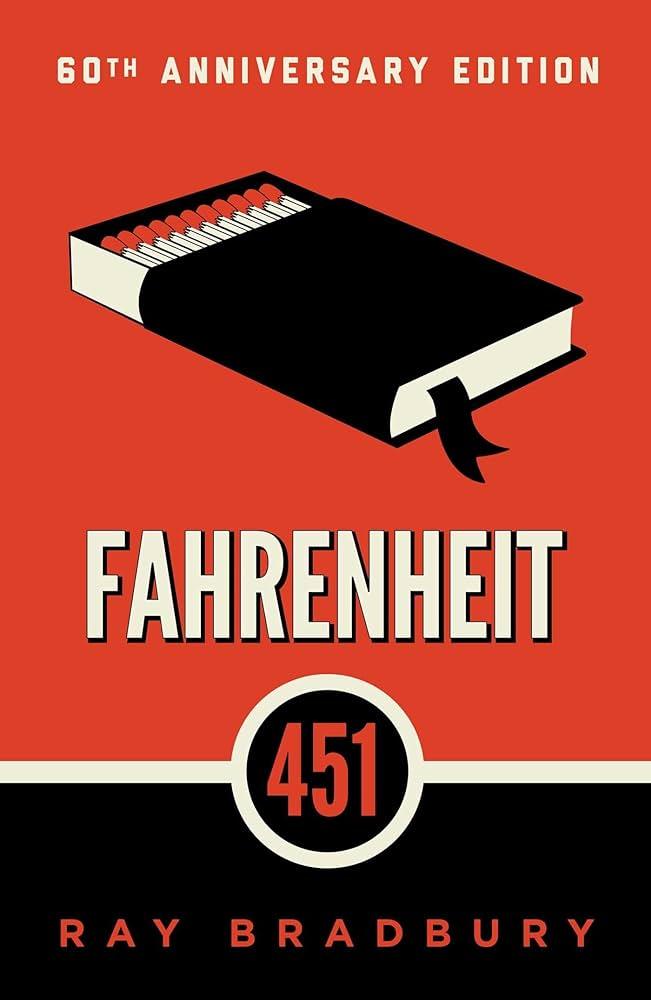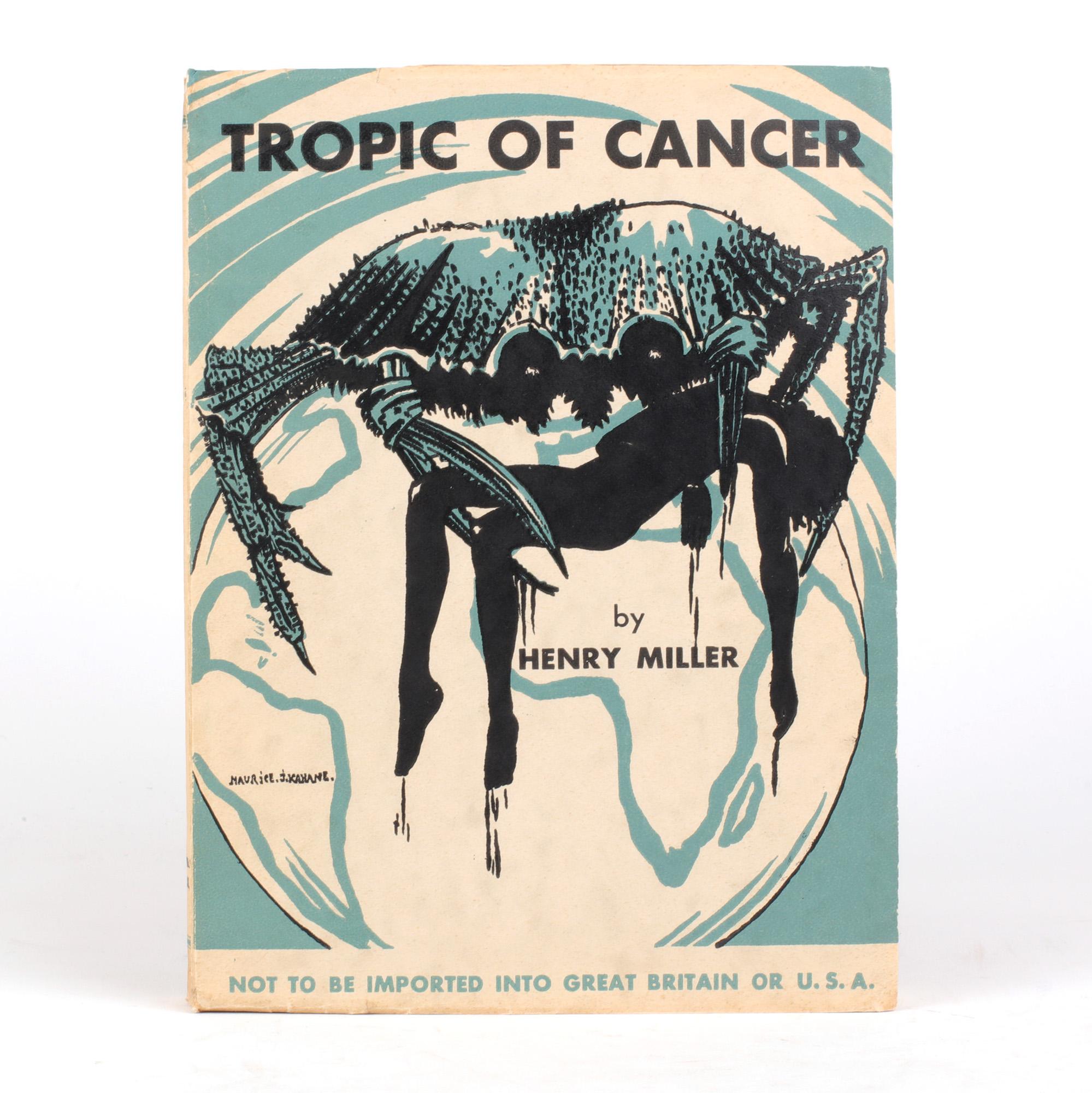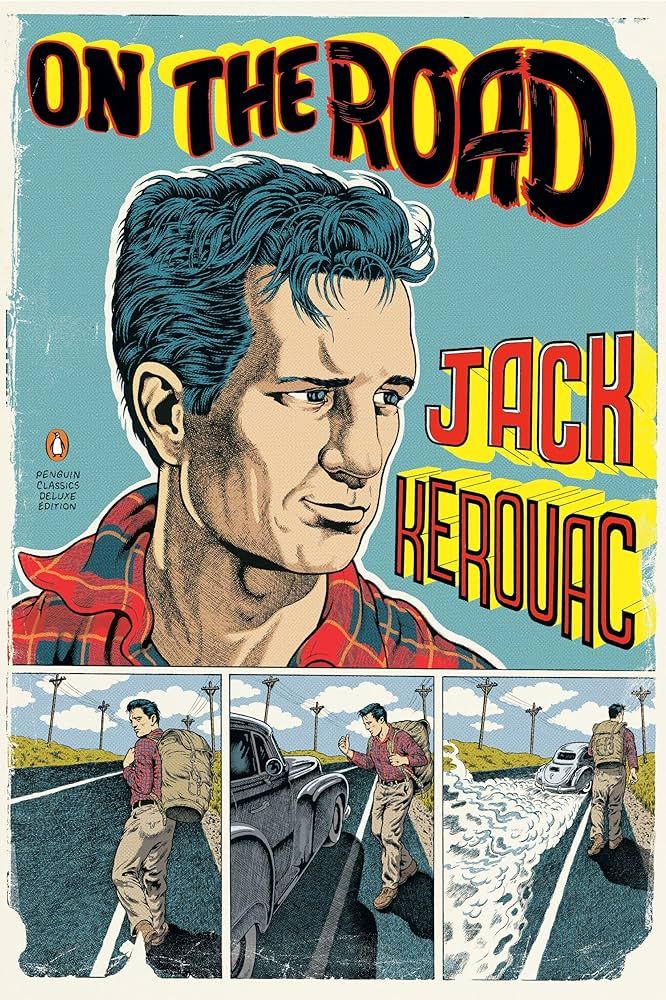Science
"American Tragedy" by Theodore Dreiser:Social Conflicts

Theodore Dreiser’s An American Tragedy delves into the heart of American society during the early 20th century, exploring the pervasive social conflicts and moral dilemmas that arise from ambition, class disparity, and personal desires. The novel revolves around Clyde Griffiths, whose aspirations for wealth and success pull him into a dangerous moral quagmire, ultimately leading to his downfall. Dreiser masterfully weaves a tale that serves as a reflection on the darker side of the American Dream and the consequences of unchecked ambition.
At the core of the novel is the glaring disparity between the rich and the poor, and how this shapes the lives of individuals like Clyde. Born into a poor family, Clyde grows up with dreams of grandeur but faces numerous social barriers that keep him from ascending the economic ladder. The stark contrast between the lives of the wealthy and the destitute is evident throughout the novel, illustrating how economic inequality drives individuals to make unethical choices in the pursuit of success.
Clyde’s personal moral struggle is another central theme of the book. His internal conflict is not just about social mobility but also about the price one pays for it. The dilemma he faces—whether to follow his conscience or succumb to societal pressures—forces readers to contemplate the lengths to which people will go to achieve their desires. Dreiser’s depiction of Clyde’s gradual moral decay reflects the dangerous consequences of living in a world where material success is valued above all else.
Furthermore, An American Tragedy raises profound questions about justice and individual responsibility. The novel does not present Clyde’s actions in a vacuum but rather contextualizes them within the rigid class structures of the time. The society that pushes Clyde toward success without offering him legitimate means to achieve it is as much on trial as Clyde himself. This complex interplay between personal responsibility and societal influence is one of the novel's key contributions to the discussion on ethics and morality.
Through Clyde’s story, Dreiser explores the theme of fate versus free will. Clyde is driven by forces beyond his control—his poverty, societal expectations, and the allure of wealth—yet he also makes choices that lead to his tragic end. This tension between predetermined circumstances and personal agency adds another layer to the novel’s moral complexity, making it a profound reflection on the human condition.
In conclusion, An American Tragedy is not merely a critique of American society; it is a profound examination of the human soul under pressure. It reveals the dark side of ambition and the ethical compromises people are willing to make to escape their circumstances. Dreiser’s novel offers timeless lessons about the importance of conscience and the dangers of valuing success over humanity, making it a work that continues to resonate today.










